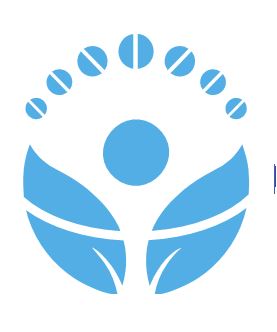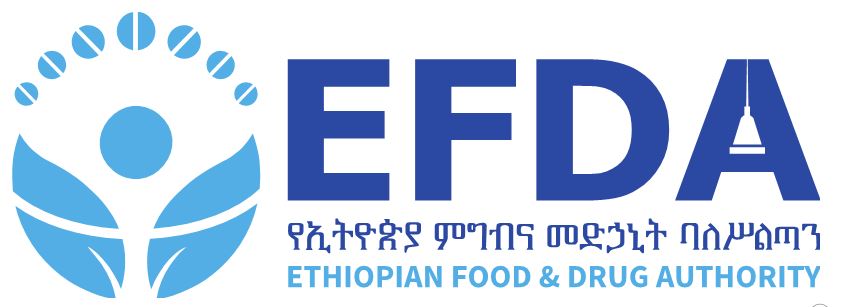A pharmaceutical product is called “orphan drug” when, although promising or clearly valid from a Scientific and therapeutic point of view, but it is not profit – bearing and therefore, not interesting for the pharmaceutical industry. Orphan medicines are designated for broad medical conditions where development is possible for many therapeutic indications targeting specific groups of patients. The orphan indication refers to the potential use for diagnosis, prevention or treatment of the designated condition. What is different about rare disease and orphan drugs? Diseases are usually poorly or incompletely understood: Generally, the lower the prevalence, the less well we tend to understand them. Small populations: Limited opportunity for study and replication. Highly heterogeneous group of disorders: 7,000 different diseases with often high phenotypic diversity within individual disorders. Usually little precedent for drug development within individual disorders: often requires more (and more careful) planning than non-Orphan and need a solid scientific base upon which to build an overall program
- Home
- About Us
- News and Events
- Services
- Publications
- Directorates
- Director General
- Medicine Sector Deputy Director General
- Food Sector Deputy Director General
- Medical Device Sector Deputy Director General
- Chief Executive Officer
- Basic Service Executive Officer
- Competence & Human Resource Management Executive Officer
- Information & Technology Executive Officer
- Organizational Change Management Executive Officer
- Procurement & Finance Executive Officer
- Strategic Affair Executive Officer
- Women & Inclusive Social Affair Executive Officer
- Branch Office Head
- COVID19
- Public Information
- Announcement
- Contact
LIST OF ORPHAN MEDICINES FOR ETHIOPIA 2014
You are here:
- Home
- Publication
- LIST OF ORPHAN MEDICINES FOR…



